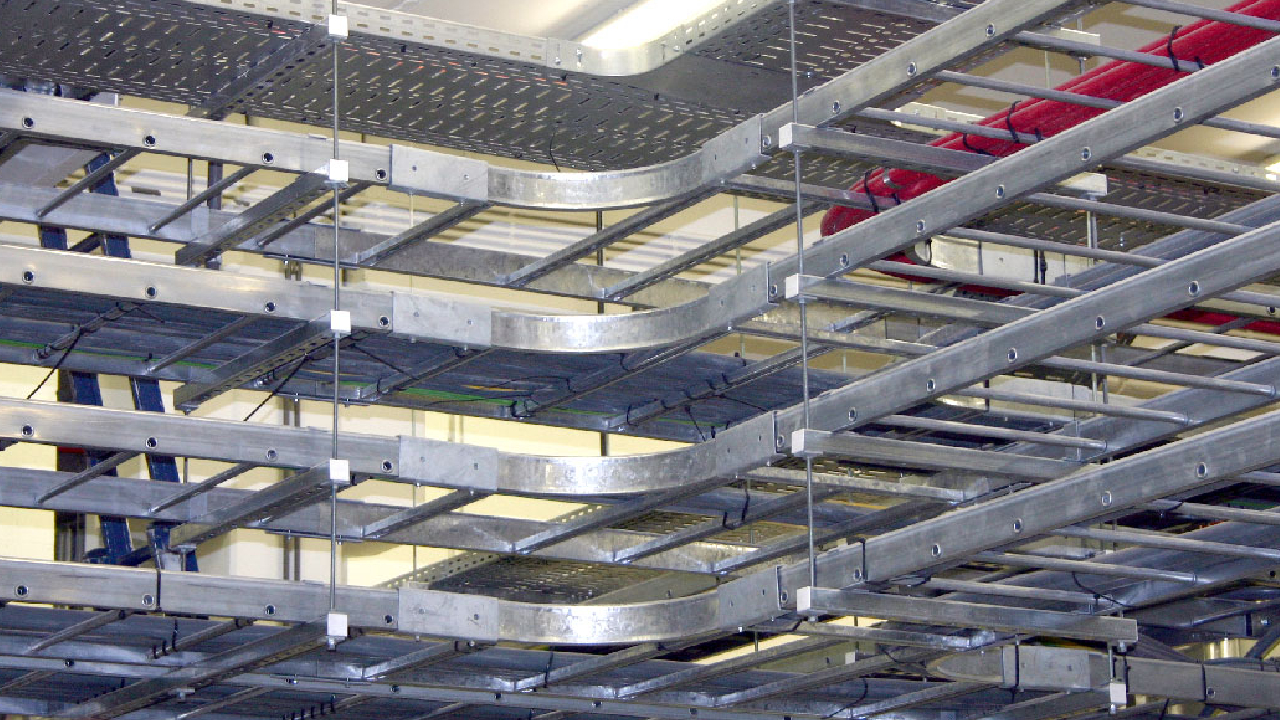- Home
- How to Choose a Cable Tray Manufacturer in the UAE: 7 Key Questions
How to Choose a Cable Tray Manufacturer in the UAE: 7 Key Questions

If you’re managing the electrical scope of a commercial or industrial project, choosing the right cable tray manufacturer isn’t a box to tick, it’s a decision that affects the reliability of your system for years to come. And in today’s market, not all options are equal. With the growing number of cable tray manufacturers in UAE, how do you figure out which one will meet your needs, without leaving you hanging halfway through installation? The truth is it comes down to asking the right questions up front.
1. Do They Offer Materials That Fit the Job?
First up: materials. It sounds simple, but not every job calls for the same type of tray. For indoor runs, galvanized steel might work just fine. But if your trays are going on rooftops, near the sea, or in chemical-heavy environments, you’ll need more protection.
Ask them: Do they offer aluminium? Stainless steel? Hot-dip galvanized options? You’re not just buying trays, you’re buying longevity. Don’t settle for a vendor that limits you to one material or coating type.
2. Can They Prove Compliance?
A tray might look good in a brochure. But what happens when it’s under real-world load? Or worse when the fire inspector starts asking for documentation?
Stick to suppliers that can show compliance with recognized standards like:
- IEC 61537
- ASTM A123
- NEMA VE 1
Ask for certificates, test reports, and manufacturing specs. If they hesitate, that’s a red flag.
3. Do They Supply Matching Cable Tray Accessories?
Ever seen a tray system installed with mismatched bends, elbows, or brackets? It’s not just ugly, it can be unsafe.
Your supplier should provide cable tray accessories that are:
- Material-matched
- Rated for the same load class
- Compatible with your layout
Without these, you’re either modifying on-site (time-consuming), or risking uneven stress on cables.
4. Can They Customize?
No two buildings are the same, and no electrical riser or ceiling void follows perfect CAD lines. You’ll need flexibility whether that means different rung spacing, custom widths, or pre-cut lengths.
Can your vendor provide what you need without slowing the project down? Better yet: do they offer pre-sales layout consultation? That kind of support makes a big difference when drawings hit reality on-site.
5. What’s Their Reputation?
This is one of those simple but overlooked checks. Who have they worked with before? Have they delivered to your industry? Can they share case studies? Look for signs of repeat business. It says more than polished sales language ever could.
6. Do They Support On-Site Questions?
It’s easy to sell trays. It’s harder to stand behind them during installation. Reliable manufacturers don’t disappear once you’ve placed the order. Ask:
- Can they assist with grounding questions?
- Will they guide installers on span spacing or mounting details?
- Do they have a field engineer or rep who can visit if needed?
If they care about the success of the system, not just the sale, they’ll say yes.
7. Can They Deliver on Time?
Lead time can break a project. Especially when MEP works are sequenced tight and coordination depends on material landing exactly when planned.
Ask how they handle:
- Stock vs. made-to-order items
- Phased delivery to match build schedules
- Emergency replacements if a shipment is damaged or short
A dependable manufacturer knows your timeline is as important as the spec sheet.
Why Buying Local Helps
There’s also a huge advantage to working with regional vendors. Established cable tray suppliers in Dubai know what local inspectors expect. They understand the weather, the corrosion risks, and the urgency most projects carry. More importantly, they’re in your time zone when you need answers fast.
The Bigger Picture
Choosing trays might seem like a simple step in the project lifecycle. But it's not just metal channels, it's how you protect power, control, and data throughout a structure. A weak tray system compromises everything that depends on it. And if your job requires enclosed runs maybe in public zones or places exposed to debris, partnering with a quality cable trunking manufacturer makes sense too. Enclosures offer extra protection in critical areas and can work alongside trays to complete the system.
Conclusion
Asking the right questions up front saves you a lot of issues later. A good cable tray supplier won’t just sell you hardware, they’ll help you design, deliver, and maintain a system that works. For commercial, industrial, and infrastructure-grade builds, BonnGulf offers tested, reliable trays, accessories, and trunking systems tailored to real-world UAE conditions.
